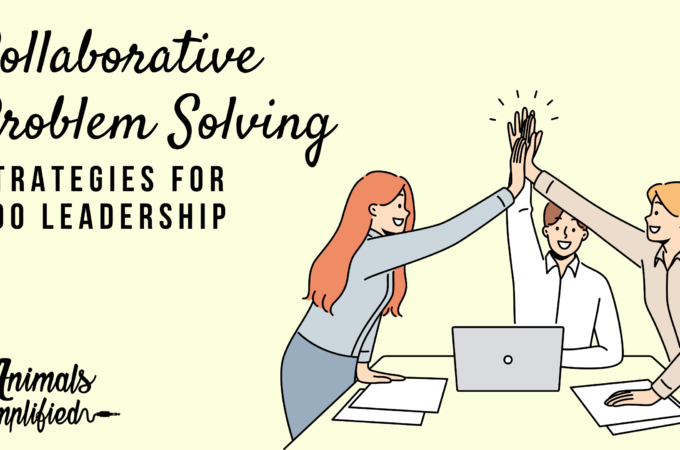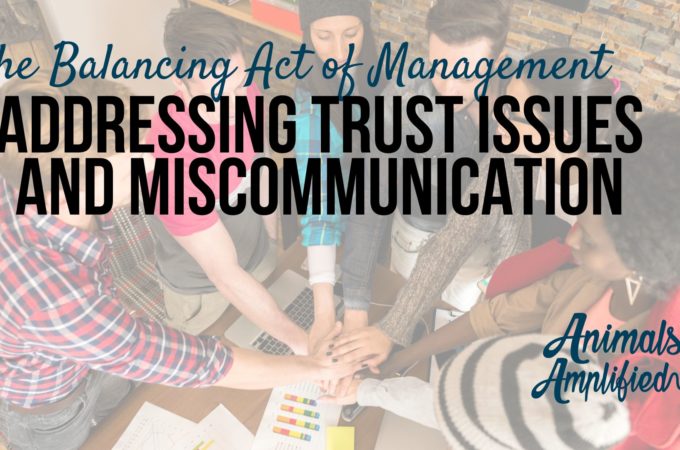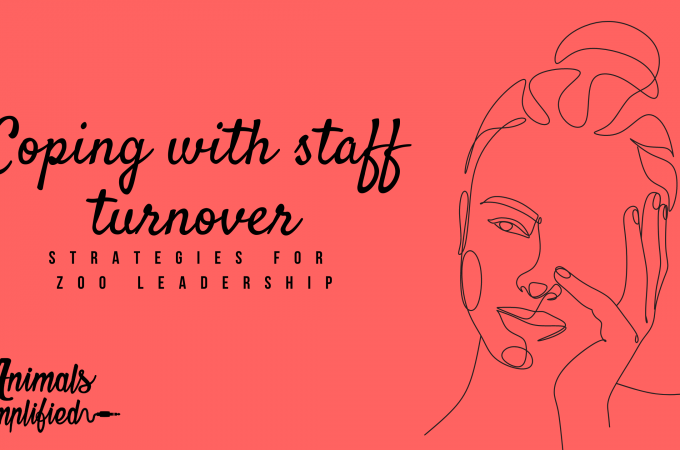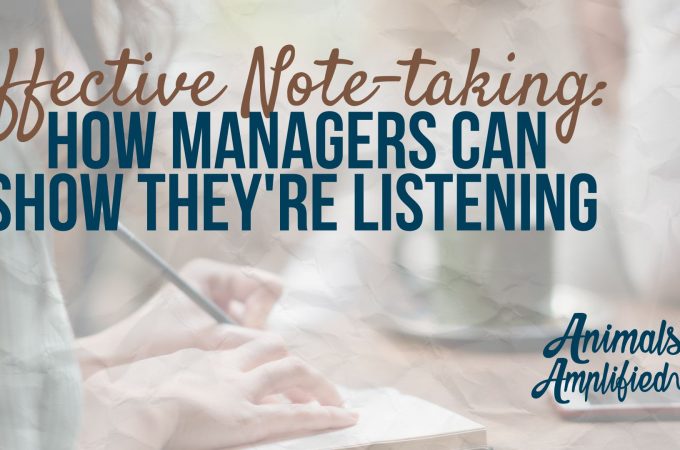
Fear vs. Vision. Where do your decisions come from?
In a conversation with a friend we were discussing how we made it through tough times. I said in the past I was motivated by avoiding failure, pain, or sadness, and now I’m more motivated by the future and shaping happiness. She put it perfectly, “You used to be motivated by fear and now you’re motivated by vision.”
Where does your motivation come from when making decisions? Are you motivated by fear? Are you avoiding pain?
Or does your motivation come from vision? Are you motivated by possibilities? Are you motivated by the could be’s?
I once approached a supervisor of mine about a change in plans. We had submitted our project requests for the upcoming year and they had been approved. I wanted to add a new project and had, what I thought, was a pretty compelling reason for that change. My supervisor didn’t want to submit the project. He said, “No. we’ve already submitted our requests for this year, they have been approved. We can’t change them now.”
I was very motivated to see this project come to fruition. I could see the benefit to our department, team, and entire facility. So I asked again, this time suggesting we swap a project of similar cost for the one we really needed this year. I thought the swap was good problem solving. Again, he said, “No. We’ve already submitted our requests for this year. They won’t like it if we change our plans.”
That’s when I realized that likely the problem wasn’t that he didn’t see the project was as important as I did, but more importantly his motivation to refuse the project was fear of presenting the revised list to a superior. Fear of hearing no from his supervisor or worse, fear of someone being angry that he even suggested it.

If you feel like you might frequently make decisions based on fear, here are some questions to ask yourself to see if a “risky” decision is worth the risk:
- Is what you’re deciding on worth the no, the failure, the rejection, or the rebuttal?
- What will you and your team gain if the answer is yes or the plan is successful?
- How often do you make risky decisions or push the envelope?
- Do you have answers for your opposers concerns or questions?
- What if you’re right?
- What if you’re wrong?

If you’re a person who frequently makes decisions by looking into the future and getting excited about the possibilities. You’re also likely a person who struggles greatly with being told no. Here are some questions to ask yourself and to build resiliency.
- If I put myself in their shoes, can I understand why they would say no?
- What will it take to allow myself to respect the no answer?
- Can your request wait?
- What evidence can you gather to address any concerns that might have resulted in a no?
- Can you respectfully re-request?
- What if you’re wrong?
Whether you need to quit letting no answers paralyze you, or whether you need to stop letting fear paralyze, understanding where your decision making motivation comes from is paramount to your success and your emotional well-being.
So dig deep and discover, are you motivated by fear or vision?





